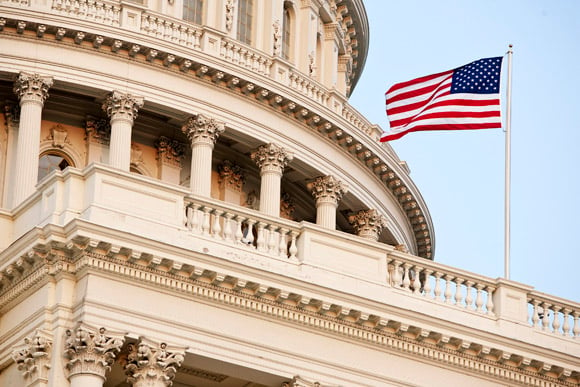Influential senator tells NAIFA a single standard should not hinder investors' ability to get advice
The Securities and Exchange Commission's laggardly pace toward devising a regulation that would apply a uniform standard of care for investment advice suits Sen. Jon Tester, D-Mont., just fine.
Mr. Tester, a member of the Senate Banking Committee, was a proponent of the provision of the Dodd-Frank financial reform bill that required the SEC to study the issue before proposing a rule.
In a speech to a meeting of the National Association of Insurance and Financial Advisors in Washington today, Mr. Tester said that harmonizing advice rules between investment advisers, who must act in the best interests of their clients, and brokers, who meet a less stringent suitability standard, is a good idea but must be done carefully.
“Any efforts to do so must consider any consequences and should not limit choice or access to advice and services provided to investors or increase costs,” Mr. Tester said. “I'm pleased to say they're taking a deliberate approach on this issue.”
A year after delivering a report to Congress that recommended universal fiduciary duty for advisers and brokers, the SEC has told lawmakers that it will now conduct a regulatory-impact analysis, which could push a final decision on a proposal to this fall or next year.
NAIFA, whose nearly 50,000 members include insurance agents licensed as brokers, is skeptical of fiduciary duty. The group worries that the extension of the investment-adviser standard to brokers would drive up compliance and legal costs and force its members, who work on commission, to abandon middle-market customers.
Fiduciary advocates maintain that NAIFA is crying “wolf.” They say that a universal fiduciary standard would better protect investors, who must build more of their own nest egg as company-directed pensions wane. They also assert that the sale of annuity products, which often can be complex and confusing, cries out for a fiduciary standard.
It's not surprising that Mr. Tester would endorse the NAIFA view, given that he was a featured speaker at its meeting. But his statement does demonstrate that skepticism about a fiduciary-duty rule is bipartisan.
It mostly has been Republicans who have pressed the SEC to bolster its cost-benefit analysis procedures. In fact, two Republican SEC commissioners dissented to the fiduciary duty report because they said that its conclusion lacked sufficient economic analysis.
Bipartisanship has been a hallmark of opposition to a proposal last year by the Labor Department to expand the definition of “fiduciary” for anyone providing advice about retirement savings investments.
A proposed rule was withdrawn in September amid fierce industry and Capitol Hill opposition. Critics said that the regulation would impose fiduciary duty on sales of individual retirement accounts and drive brokers out of that market.
The DOL is conducting a cost-benefit analysis before re-proposing a rule later this year, probably in June.
“It is important that we ensure that all Americans, regardless of income, have good options available to them to save and plan for their retirement,” Mr. Tester said. “We will be carefully watching to see what their new proposal looks like.”
NAIFA also encouraged its members to lobby lawmakers to preserve tax breaks for insurance products. As Congress considers broad tax reform and deficit reduction, there is growing bipartisan consensus to reduce or eliminate so-called tax expenditures.
Between 2011 and 2015, tax deferrals for the buildup of investment income in life insurance policies will cost the government $148.3 billion in revenue while deferrals for contributions to 401(k)s and IRAs will total $467.4 billion, according to the congressional Joint Committee on Taxation.
Rep. Charles Boustany Jr., R-La., member of the House Ways and Means Committee, said he would work to “bring some reality to the halls of Congress as we deal with those issues” and urge his colleagues to support tax breaks for retirement savings.
NAIFA's political action committee had $1.2 million in its war chest last year, with 10,400 of its members contributing. A PAC can donate up to $5,000 per election — primary and general — to political candidates.







